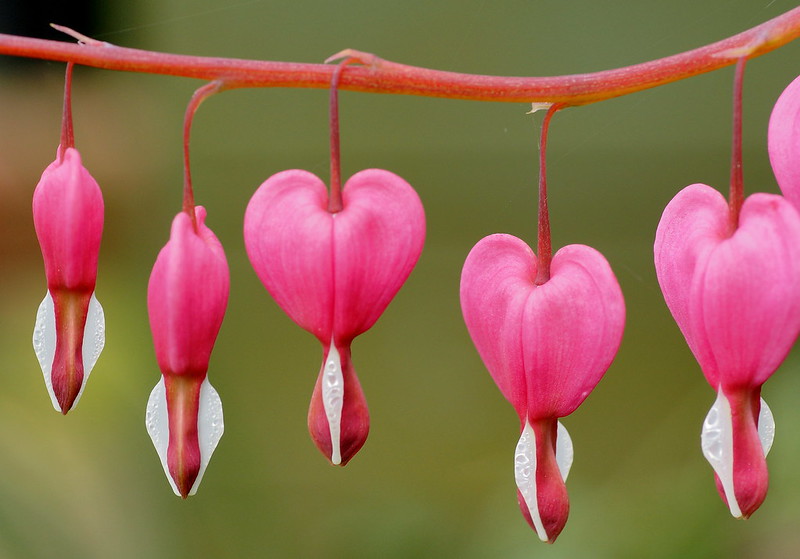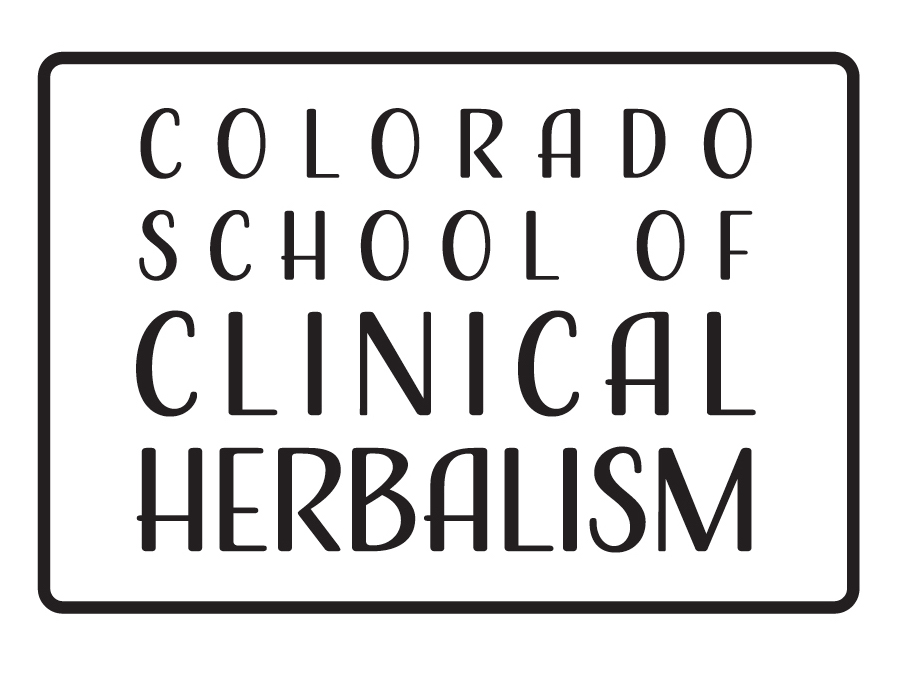Author: Lynsey Maudlin

As humans born into this world there is a guarantee that at some point in our lives we will face a traumatic event or many traumatic events. Vitalist herbalism provides the tools to build greater resilience in the body and nervous system to face unresolved past traumas and to have a greater capacity for the traumas that have yet to come. Vitalism treats the whole human as a powerful force that can heal itself. It is important to say that I do not think Vitalist herbalism is a replacement for psychotherapy but an adjunct therapy that provides the body, mind, and soul with grace in times of need. Vitalism utilizes nutrition, herbs, flower essence, and Vitalist practices to support the innate vitality that is within all of us.
Vitalist practices can include meditation, positive affirmations, movement, hydrotherapy, breathwork, prayers of forgiveness, and gratitude. Some of these practices like mediation and breathwork have already been proven to help people with symptoms of stored trauma in the body and brain to regulate their emotional landscape. Developing a daily practice that incorporates a few of these Vitalist practices can give someone a sense of groundedness to move through their daily life.
Flower essences are energetic medicines that are safe for anyone to take and provide psychospiritual support for all people. They help our mind and soul align so that we can work from our higher selves to shed what is not serving us as well as heal past and present events. For people with a history of trauma, there are essences that can target specific types of traumas. Essences help release the trauma from the body, mind, and soul. Flower essences can also help us move through trauma as it is happening. Rescue Remedy is famous for this and can be found in most health food stores.
Many people have heard about the use of herbs for depression and anxiety like St John’s Wort. There is an entire class of herbs called nervines which help balance and tone the nervous system. When someone has experienced trauma, their nervous system learns to easily slip into fight, flight, or freeze. Nervines are a balm for the nervous system and encourage a more balanced response to everyday stressors. There are also herbs within the Vitalist tradition that are used to support the Spiritual Heart, like the Hawthorne tree that imparts a sense of protection and wisdom for those who work with it. The Spiritual Heart is considered the seat of the soul and when it is bogged down with all the feelings related to trauma like anxiety and depression, Spiritual Heart herbs can help lighten the heavy load.
Nutrition is also a crucial key to building resilience in the body and mind. When we eat a balanced diet and provide our body systems with all the nutrients they need to function optimally, our response to stress and trauma decreases greatly. There are simple steps to building a healthy supportive diet such as eating a high protein breakfast to provide a sense of groundedness throughout the day paired with regular supplementation of vitamins and minerals to ensure our bodies have all that is needed to respond to the world in a balanced way.
As our society becomes more and more trauma informed it is important for us to realize that there is not one healing modality that can cure trauma but an act of caring for ourselves in a wholistic manor that brings healing. Vitalism provides a wholistic lens that can teach us how to support ourselves while we do the work to heal. When we learn to support our bodies, minds, and souls we awaken an innate resilience within ourselves.
